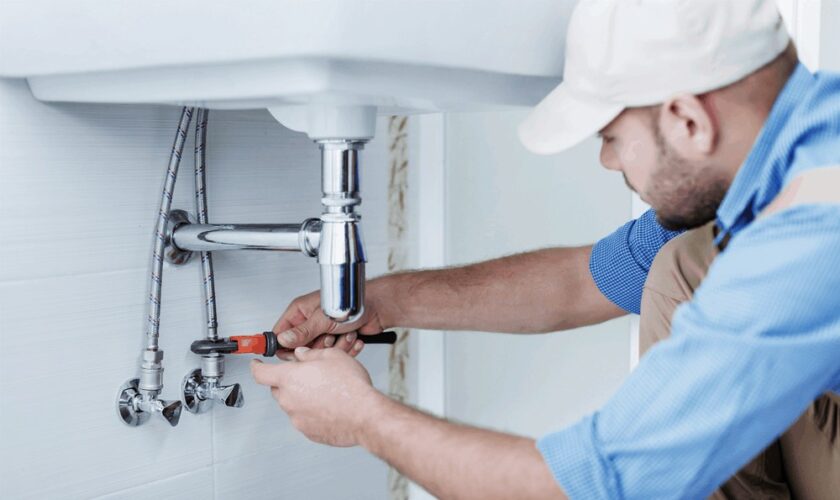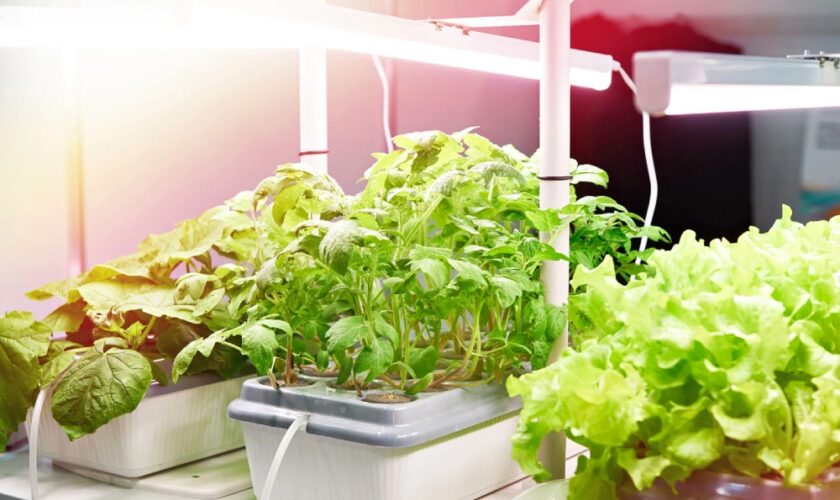Extending your home can be a great way to create more space, whether it’s for your family or to increase the value of the property. Find out about the different types of extensions you might consider and how they can help you add value to your home.
If you’re planning on extending your home, there are plenty of options to choose from. Here’s a look at some of the most popular extension ideas:
Garage conversions
If you have a garage at the back of your property that is not being used, it could be converted into living space. Most garages have high ceilings, which makes them ideal for loft conversions. In fact, if you are considering this type of extension, you should be aware that most building regs allow you to convert up to half of the ground floor area into an extra bedroom or bathroom without planning permission or building control approval. However, if you want to convert more than 50% of your garage into living space (and therefore create two bedrooms or bathrooms), then you will need planning permission from your local authority and possibly building control approval too.
Porches
A porch is one of the most popular types of house extension ideas and they can be used for a range of purposes. Porches can be used as an entrance way or even as an extension to your living room or kitchen if you have enough space. They’re also great for adding extra living space if you have enough land or garden space around your property.
Conservatories
Conservatories are another popular type of house extension idea that add extra space to your home while keeping it open plan. They’re perfect for letting in natural light during the day but can also offer privacy during the night due to their high-glazed panels which block out light from outside sources such as street lamps or neighbours’ houses across the road.
Kitchen extensions
Adding an extension to your kitchen is a great way to make it more functional. You can turn a small kitchen into a larger area that can accommodate more people and provide more space for cooking, serving and eating food. Most extensions include an additional room to store appliances and utensils, as well as another dining area or living room space.
Loft conversions
If you have an attic in your home that isn’t being used, converting it into a loft could be an excellent idea. With the right design and materials, turning an attic into a comfortable living space can be done in just a few hours! It’s also possible to convert other unused spaces such as garages or basements into lofts if they’re big enough – just be sure to check with your local council before starting any work on these areas! You can contact Bromley house extensions for more information.




